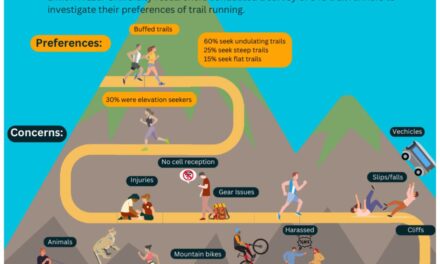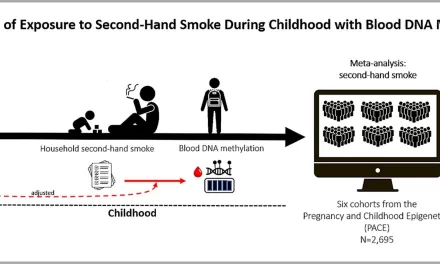February 11, 2025 – A recent study published in eNeuro has shed light on how the human brain assesses trustworthiness and its potential role in evaluating personal health risks. The research suggests that the perception of trustworthiness may drive the brain’s safety and alarm signals, influencing how individuals judge the risk others may pose to their well-being.
Trustworthiness and Risk Perception
Determining whether another person presents a health risk requires rapid assessments based on limited information. Often, implicit biases and assumptions shape these risk perceptions. Prior studies have identified brain regions associated with evaluating others as untrustworthy or as potential carriers of sexually transmitted diseases (STDs), but the exact neural mechanisms linking trustworthiness and health risk assessment remained unclear until now.
Study Findings
Led by Daniela Mier at the University of Konstanz, the study examined how trustworthiness perception corresponds with brain activity and the likelihood of acquiring an STD. Participants were shown images of individuals and asked to assess their trustworthiness. These same images had been previously evaluated for their perceived odds of HIV transmission.
The results showed that individuals who were considered to have a lower risk of HIV transmission were generally rated as more trustworthy. Brain imaging revealed that these individuals triggered heightened activity in a brain region associated with the reward network, which researchers suggest may serve as a “safety signal.”
Conversely, individuals perceived to have a higher risk of HIV transmission were often deemed untrustworthy. However, the study found that distrust alone—not necessarily a high perceived likelihood of HIV transmission—led to increased activation in the brain’s salience network, which functions as an “alarm signal.” This suggests that human brains might prioritize trustworthiness perception over actual risk probability when assessing potential threats.
Implications for Human Behavior
The findings highlight how social and cognitive processes shape perceptions of health risks. The activation of reward and salience networks based on perceived trustworthiness could influence decision-making in personal and public health contexts. Understanding these mechanisms may offer insights into addressing biases in risk assessment and developing interventions for more accurate health-related decision-making.
For more information, refer to the full study: Are You Safe or Should I Go? How Perceived Trustworthiness and Probability of a Sexually Transmittable Infection Impact Activation of the Salience Network, eNeuro (2025). DOI: 10.1523/ENEURO.0258-24.2024.
Disclaimer
This article is for informational purposes only and does not constitute medical or psychological advice. Readers are encouraged to consult healthcare professionals for personalized guidance on health risk assessment and related concerns.











